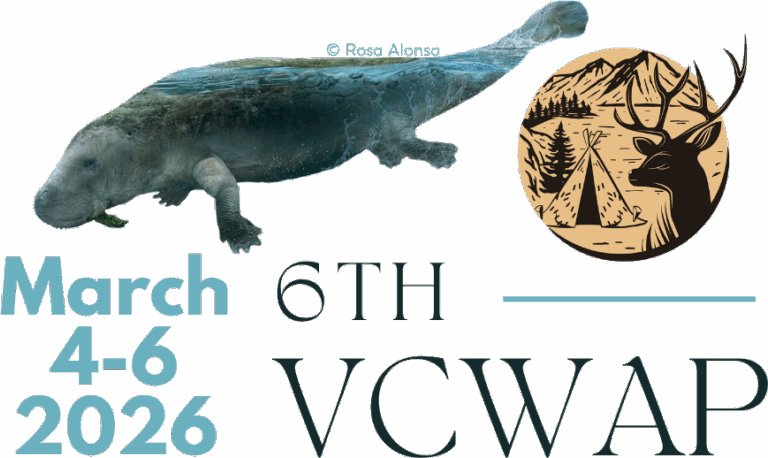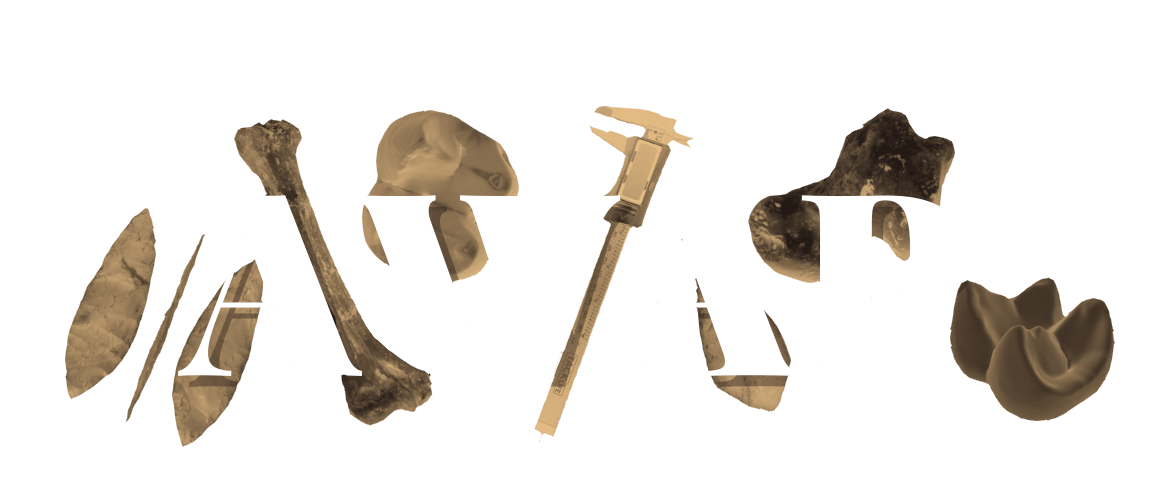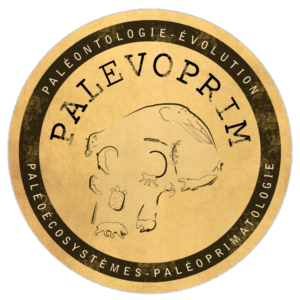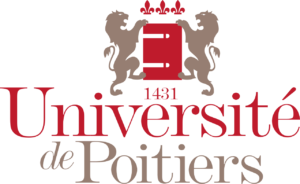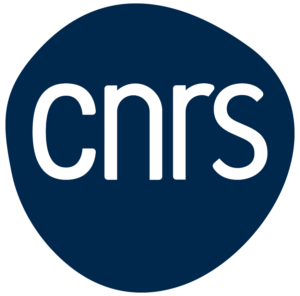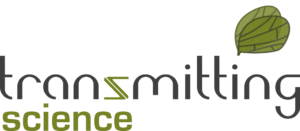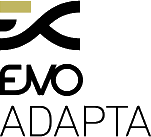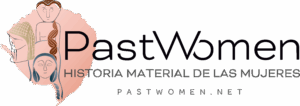6th VCWAP
What Is The VCWAP
The Virtual Conference for Women Archaeologists and Paleontologists (VCWAP) is back for its sixth edition!
During these three days, we will be shining a spotlight on early-career women researchers and women paleoartists, by presenting their work. We want to emphasize that everyone, regardless of employment status, gender identity or expression, is warmly welcome to attend and participate in the discussions. We believe in the power of mentorship and networking to foster growth, diversity, and inclusivity within the academic community. We warmly invite you to register, submit your abstract, encourage your female colleagues to do so, and become part of this growing international community.
The 6th VCWAP will take place on March 4-6, 2026. It will be held online (via Zoom, Discord, and Gather Town) and free of charge. If you wish to help us finance the 6th VCWAP, you can join the AWAP, for 2-10€.
Conference format
During the VCWAP, early-career women researchers and women paleoartists can present their work in three engaging formats:
10 min Talk (Zoom);
Poster (Gather Town)
Paleoartistic Reconstructions (Gather Town).
Gather Town provides a virtual space that facilitates dynamic and real-time discussions, enhancing the interaction between presenters and attendees. In addition to our scientific sessions, we will continue our tradition of hosting a Round Table Discussion, focusing on gender-related issues and ways to address them in both Archaeology and Paleontology. Once again, everyone, regardless of career stage, gender identity or expression, is invited to participate in our inclusive event, where we aim to foster mentorship, diversity, and community support for women in science.
This year we are honored to feature the work of paleoartist Rosa Alonso Montero to represent the 2026 edition of VCWAP. Rosa Alonso Montero won the award for best paleoartistic reconstruction from the VCWAP 2025 Paleoart Gallery →
Details of the instructions are available on the Call for Abstracts and our Tutorials. Proposals for talks, posters and paleoart should be submitted using our templates, via our Registration & Submission Form.
Important dates
Submission of Abstract (regular talk, poster): December 1, 2025.
Submission of Paleoart: extended to January 14, 2026.
Abstracts for Talks and Posters
The VCWAP welcomes contributions from early-career women (cis and trans) researchers in Archaeology and Paleontology, without permanent positions (from master students to postdoctoral stages included). It covers several aspects of ancient life (plants, fungi, invertebrates, vertebrates including humans), their interactions, as well as the study of materials, environments, and climates, and must involve methodologies used in Archaeology and/or Paleontology.
Your contribution must fit into at least one of these six scientific sessions:
Women farmers and pastoralism in the past, in alignment with the UN’s theme for 2026.
Heritage and gender studies (patrimony, cultural & societal impact, dissemination, pedagogy, protection & preservation of archeological & paleontological sites and fossils, transmit, outreach, accessibility, museum, feminism, …)
Characterization and dynamics of populations and their environments (paleoecology, and habitat-use, niche-modelling, anthropisation, morphometrics, comparative anatomy, evolving ecosystems, biogeography, phylogeny, taxonomy, diversity, turnover, extinction, isotopes, dental wear analyses, paleoenvironment, paleoclimate, technologies, …)
Actualistic and experimental frameworks (reference populations with well-known ecology, ethnoarcheology, neo-ecology, actualistic approaches, experimentation under controlled conditions, modern reference databases, tool calibration, modelisation, …)
Tracking functional and behavioral responses to environmental constraints (adaptation, exaptation, selection, past climate changes, ecological plasticity, fall-back foods, diet, chaîne opératoire, positional behaviors, morphological changes, form-function relationships, biomechanics, …)
Exploitation of natural resources and raw materials (subsistence strategies, technology, industry, ecological plasticity, hunting pattern, diet, foraging, …)
You can submit your abstract with the Registration and Submission Form, by December 1, 2025. Please upload the abstract by completing and respecting this Template. We encourage you to follow our Tutorial for tips on how to write a good abstract. We understand that certain circumstances (e.g., internet connectivity issues or special conditions) may make it challenging for you to give a live presentation. In such cases, you have the option to send us a pre-recorded presentation in advance.
Contributions to the Virtual Paleoart Gallery
The Virtual Paleoart Gallery (VPG) welcomes contributions from all women paleoartists (cis and trans), regardless of their background (academic or non-academic) and their professional status (professional or non-professional). We invite your creative works aimed at bringing past humans and/or non-human fauna and flora back to life.
This year, you can submit up to three artworks for consideration in the VPG. You can submit your artwork(s) to the VPG with the Registration and Submission Form, by January 14, 2026. Each submission must be accompanied by a short commentary in English. You will find more details in the Call for Abstracts, our Tutorial and Template to build the perfect contribution for the VPG. You must complete and submit one Submission Form per artwork.
Awards
Best Regular Talk Award: €400 voucher to use on any Transmitting Science course, consulting service, or coaching session.
Best Poster Award: €100
Best Paleoartistic Reconstruction: €100
The three laureates will be honored with an article on this website!
If you would like to attend this event as a public, please complete this Registration Form.
If you submit a contribution proposal, your registration will be taken into account at the same time. Registration deadline: February 28, 2026 (GMT+1). Connection links will be sent to you in the days before the start of the conference.
The program will be available in February 2026. But you can get updates via our social media!
Organizing Committee
Ana Abrunhosa (Ph.D) – Interdisciplinary Center for Archaeology and the Evolution of Human Behavior (ICArEHB), University of Algarve, Algarve, Portugal
Renata Araujo (Ph.D) – Museum of Archaeology and Ethnology, University of São Paulo, São Paulo, Brazil
Evangelia Alifieri (M.Sc.) – Greece
Emilie Berlioz (Ph.D) – Laboratoire Paléontologie Evolution Paléoécosystèmes Paléoprimatologie PALEVOPRIM UMR 7262, CNRS–Université de Poitiers, Poitiers, France
María Borao Álvarez (Ph.D) – Associated researcher, TRACES UMR 5608 CNRS–University Toulouse 2 Jean Jaurès, Toulouse, France; University of Valencia, Valencia, Spain
Abril Castagnola (M.Sc.) – University of Ferrara, Ferrara, Italy; Department of Bioanthropology and Evolution, National University of Rosario, Rosario, Argentina; Grupo de Investigaciones Arqueológicas del Nordeste, Rosario, Argentina
Rosana Cerezo-Fernández (Ph.D. Fellow) – University of Salamanca, Department of Prehistory, Ancient History and Archaeology, Salamanca, Spain; TRACES UMR 5608 CNRS–University Toulouse 2 Jean Jaurès, Toulouse, France
Pénélope Claisse (Ph.D) – France
Maria Ana Correia (Ph.D) – Interdisciplinary Center for Archaeology and the Evolution of Human Behavior (ICArEHB), University of Algarve, Algarve, Portugal
Darja Dankina (Ph.D) – Nature Research Centre, Vilnius, Lithuania
Jade Duché (M.Sc.) – Toulouse, France
Ana Belén Galán López (Ph.D) – Institut de Paléontologie Humaine, Paris, France; Associated researcher, TRACES UMR 5608 CNRS–University Toulouse 2 Jean Jaurès, Toulouse, France
Axelle Gardin (Ph.D) – Institut des Sciences de l’Évolution de Montpellier (ISEM), Université de Montpellier, Montpellier, France
Ceyda Koca (M.Sc. student) – Middle East Technical University, Department of Psychology, Ankara, Turkey
Marina Lezcano (Scientific Illustrator) – Independent, Spain
Victoria Lockwood (Ph.D) – Associated researcher, Laboratoire Paléontologie Evolution Paléoécosystèmes Paléoprimatologie PALEVOPRIM UMR 7262, CNRS–Université de Poitiers, Poitiers, France
Margot Louail (Ph.D) – Department of Human Evolutionary Biology, Harvard University, American School of Prehistoric Research, Cambridge, USA
Margot Michaud (Ph.D) – Institut Polytechnique UniLaSalle, IDEALISS ULR 7519, Université d’Artois, Mont-Saint-Aignan, France; Evolution and Diversity Dynamics Lab, Université de Liège, Liège, Belgium
Laurie Pélissier (Ph.D. Fellow) – Laboratoire Paléontologie Evolution Paléoécosystèmes Paléoprimatologie PALEVOPRIM UMR 7262, CNRS–Université de Poitiers, Poitiers, France
Claudia Speciale (Ph.D) – IPHES-CERCA, Catalan Institute of Human Paleoecology and Social Evolution, Tarragona, Spain; Universitat Rovira i Virgili, Department of History and Art History, Tarragona, Spain; Department of Historical Studies, University of Gothenburg, Sweden
Georgia Svorligkou (M.Sc.) – Department of Historical Geology and Palaeontology, National Kapodistrian University of Athens, Athens, Greece
Axelle Walker (Ph.D) – Centro Nacional de Investigación sobre la Evolución Humana (CENIEH), Burgos, Spain
Consent & Ethical Guidelines Document
Ethical Guidelines for the Virtual Paleoart Gallery of the VCWAP →
Video consent and release agreement for a filmed communication during the 6th VCWAP →
The Association for early-career Women Archaeologists and Paleontologists (AWAP) strives to ensure everyone a welcoming, respectful, safe and collaborative conference experience, regardless of their gender identity and expression, sexual orientation, disability, neurodiversity, physical appearance, body size, ethnicity, nationality, race, age, or religion. To ensure that all participants at the annual Virtual Conference for Women Archaeologists and Paleontologists (VCWAP) understand what behaviour is expected, and what behaviour will not be tolerated, the AWAP has established this Code of Conduct.
Expected Behaviour
The AWAP expects that participants at the VCWAP will:
Be considerate and respectful to all conference participants. Avoid demeaning, discriminatory, or harassing behaviour, materials, and speech.
Be willing to speak up if you observe anything that is inconsistent with this Code of Conduct at the VCWAP. Please contact a member of the VCWAP conference team as soon as possible if you feel harassed or uncomfortable, notice someone else being harassed, or have any other concerns.
Unacceptable Behaviour
The AWAP will not tolerate unacceptable behaviour from any participant. Unacceptable behaviour includes, but is not limited to:
Intimidating, harassing, abusive, discriminatory, derogatory, or demeaning speech, materials, or conduct by any participants of the conference.
Violence, threats of violence, or violent language directed against another person.
Sexist, racist, homophobic, transphobic, or otherwise discriminatory jokes and language.
Personal insults, particularly those related to gender, sexual orientation, race, religion, or disability.
Inappropriate photography or recording (especially for use on social media, without the prior permission of the individuals or owners of the content therein).
Consequences of Unacceptable Behaviour
Unacceptable behaviour will not be tolerated. It is expected that anyone asked to stop unacceptable behaviour will comply immediately. Participants who violate the AWAP’s code of conduct may be expelled from the conference if they engage in unacceptable behaviour.
Unacceptable Behaviour: What To Do
Please notify a member of the VCWAP conference team if you observe / are subject to unacceptable behaviour, or have any other concerns, by sending us an email (vcwap@awap-science.org) or by sending us a private message directly through the Zoom chat. The VCWAP Team will be available to assist anyone those experiencing unacceptable behaviour to feel safe during the conference. Reports will remain completely confidential.
Frequently Asked Questions about VCWAP
Can male researchers participate in the conference?
Male researchers can follow the event as attendees, co-authors, or participants in the discussions. First authors must be early-career women (cis or trans) researchers, in order to promote their careers, increase the visibility of their work, and contribute to a more inclusive and equitable scientific community.
What do we consider an early-career researcher?
Early-career researchers are researchers without a permanent position, from Undergraduate to Postdoctoral levels, regardless of age.
Do I need to be a member of the AWAP to participate in?
It is not necessary to be a member of the AWAP to take part in the conference, but we encourage you to join and become part of our growing community. You can do so here.
I would like to give a presentation at the conference, but I’m not confident in my English. Is there a translation service available?
Media-supported presentations and posters must be in English. However, we have a multilingual organising team and can provide translation during the discussion and Q&A. At the moment, the languages available are French, Spanish, Portuguese, Italian, Greek, and Turkish. Please contact us in advance if you want us to help you!
Can I submit an abstract even though I don’t currently have an affiliation?
Yes! You can submit as an independent scholar.
How is the Poster Session organized? Will I have a specific timeslot to present my poster?
Our Poster Session is held in Gather Town, a virtual platform designed to recreate the atmosphere of an in-person conference. In Gather Town, participants can walk through a virtual room, view your poster, and engage in conversation with you if you are online. Likewise, you are free to explore other posters and discuss them with their authors. To maintain the dynamic and informal flow of an in-person poster session, you will not be assigned a specific presentation timeslot. Instead, attendees can approach you at any time during the Poster Session.
There will be scheduled poster sessions listed in the programme, during which everyone is invited to join Gather Town and interact. However, the platform will remain accessible 24 hours a day throughout the conference, giving all participants the opportunity to visit the virtual room and read the posters at their convenience.
To which session should I submit to?
You can find the available sessions in the ‘Call for Abstracts’ tab of this page. You may submit your abstract to whichever session you feel is the best fit. However, if the abstract is accepted and the scientific committee considers it necessary, you may be invited to move it to a different session.
Do you accept submission of preliminary results?
As a rule, abstracts should include some form of analysis and results. Whilst we understand that full data analysis might not be completed by the abstract submission deadline, preliminary analyses are still analyses and initial results. For these cases, we recommend submitting your study as a poster.
The VCWAP is the flagship event organized by the Association for early-career Women Archaeologists and Paleontologists
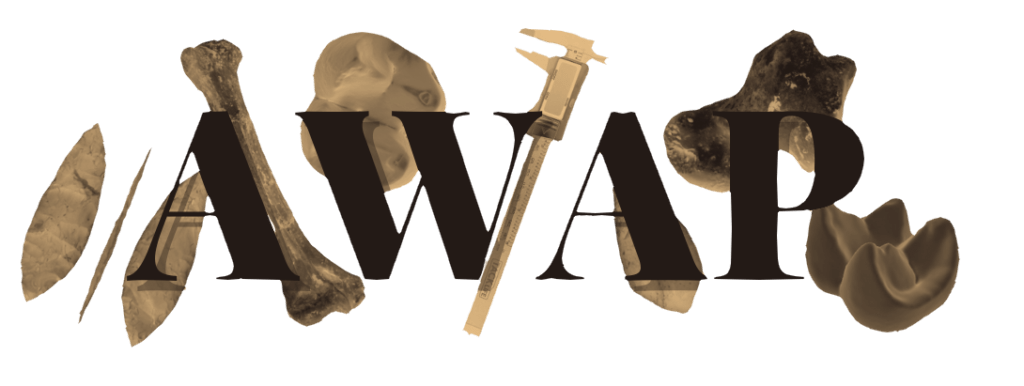
and is sponsored by
